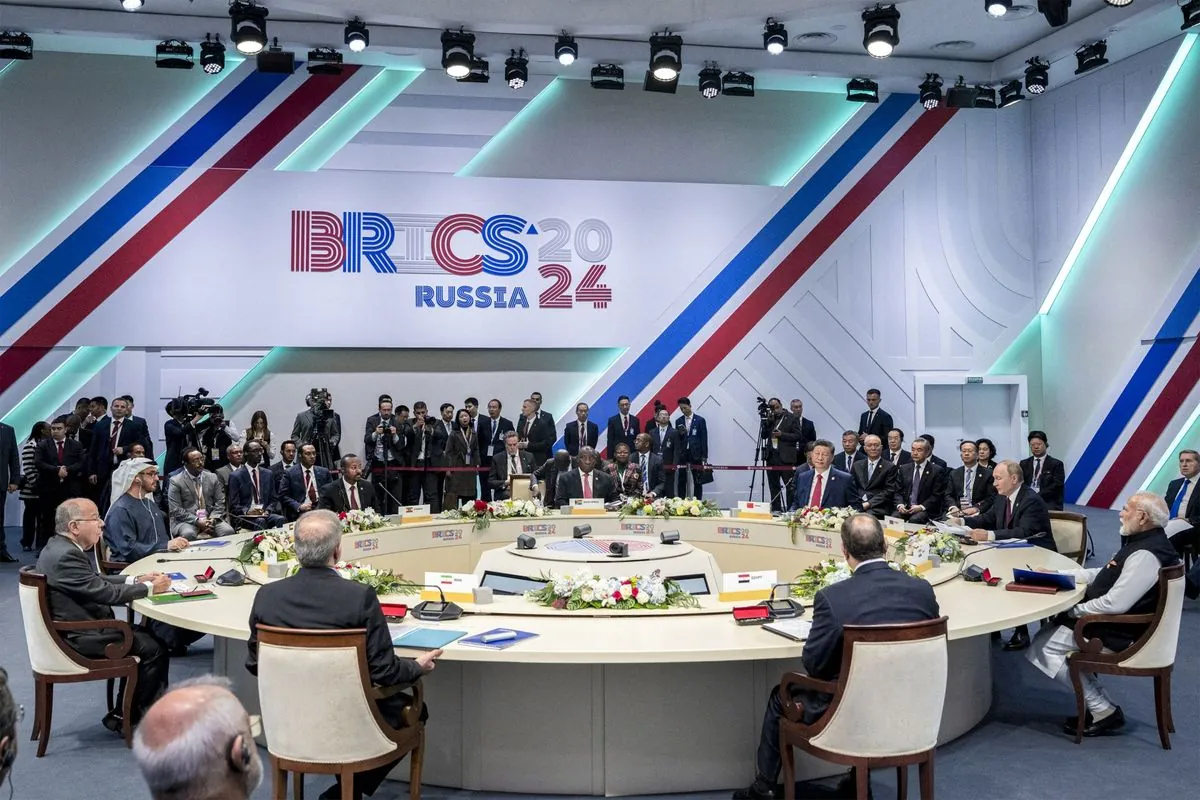The BRICS gathering in Kazan turned into a major diplomatic show-case as representatives from three dozen nations came together (despite Western attempts to keep Russia isolated after Ukraine conflict). Vladimir Putin made the most of this opportunity greeting world leaders including Narendra Modi and Xi Jinping while having talks about Middle-East issues with Masoud Pezeshkian
The organization which started about 15 years ago with just five members‚ now includes fresh additions: Egypt Ethiopia Iran and UAE. Its grown into a power-house representing more than 40% of worlds population; with around 30 more countries showing interest in joining – including NATO-member Turkey
Western experts worry about BRICS becoming anti-Western force but thats not quite right. The groups recent declaration shows its not trying to break the system: instead it wants to fix power balance within it. The Kazan meeting proved this by supporting existing global structures like UN‚ IMF and World Bank
We reaffirm our commitment to multilateralism and upholding the international law
The declarations 32-pages suggest working through current institutions: WTO for trade IMF for finance WHO for health issues. However theres a clear gap between words and actions – Putin breaks UN rules in Ukraine while Xi ignores South China Sea laws. Some members push their own agenda like fossil fuels or new payment systems to avoid dollar-use
Three big things happened at summit that many missed: China set limits on Ukraine war escalation India-China made progress on border talks and BRICS moved closer to current world order. History shows new global systems only come after major wars – BRICS cant create one but it can push for fair changes in todays system
